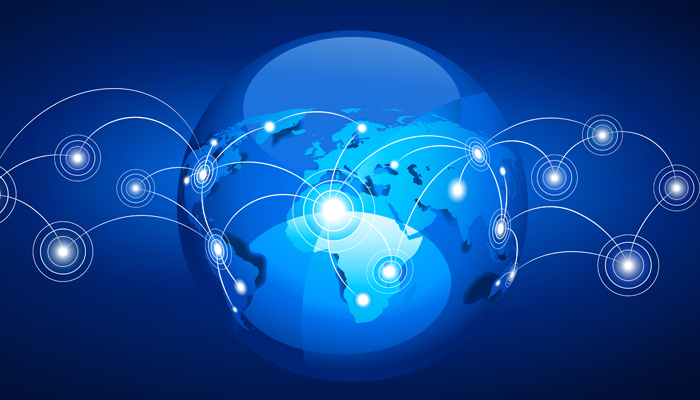IMDEA Networks

COVID-19: A challenge for telecommunications
The radio program Kilómetro Cero has interviewed Arturo Azcorra about the response of the Spanish telecommunications system to the saturation produced by the effects of COVID-19
08 April 2020

The director of the IMDEA Networks Institute and UC3M professor Arturo Azcorra highlighted the key aspects of this situation in the morning radio show directed and presented by Jaume Segalés.
The situation of confinement caused by the coronavirus has led to a considerable increase in telecommunications, from WhatsApp traffic and telephone communications to teleworking itself, both in professional performance and online training. Consequently, Kilómetro Cero interviewed Arturo Azcorra to determine how and why the system has supported this overload. Improvements in connectivity have undoubtedly been crucial, as Azcorra pointed out: “We can do a number of activities that seemed impossible a few years ago, thanks to connectivity that has improved vastly almost everywhere. Telecommunications is a critical sector with contingency plans for failures or disaster situations, but not for a massive increase in demand.
The director of IMDEA Networks also highlighted the great challenge that a situation such as this presents to the management of the operational network: “It is an opportunity to implement systems that are permanent. On this occasion, he highlighted the reinforcement of the so-called ‘updates to outside plant’, as well as the increase in international traffic prices”. This last aspect avoids the excess in caches (temporary storage to avoid the need to carry data twice).
It’s a situation in which, for the moment, 5G has been unable to demonstrate its performance, although it will certainly do so in the near future. “It’s not having an impact because we have only seen modest deployments so far, and there’s not been great progress, as there are few users with 5G (although those who have it do benefit from extraordinary quality)”. But the sector in general is benefiting: “The sector has already learned a lot, and other sectors must learn and move forward with digital transformation, since there are a lot of things that used to be done in person that can be done remotely, cheaper, faster and in a more ecologically-friendly way: from administrative procedures to the work itself”.
During the interview, various aspects were highlighted such as the demand for greater and better use of digital signatures, the highly-debated issue of privacy and, in any case, the tremendous response of our telecommunications system: “There has been a 30% average increase in the use of WhatsApp… you have to imagine what it would mean in any other service.


Recent Comments